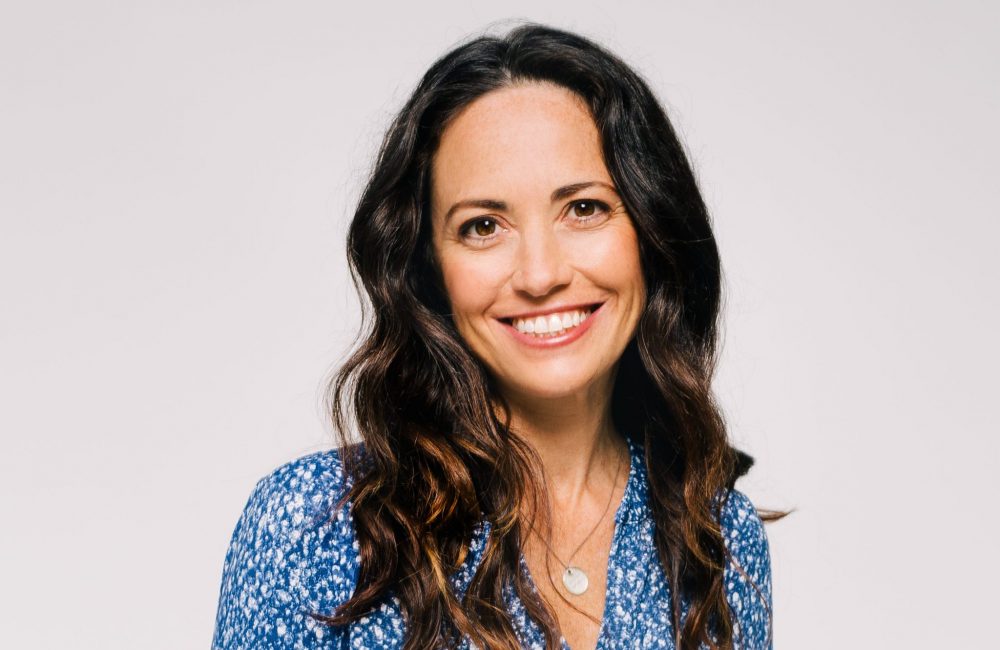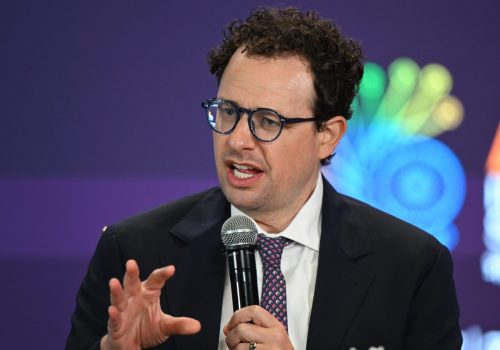Founder of $100 million company says she quit her day job to rebuild her father’s Cape Cod chip empire—and there ‘wasn’t time’ to worry about nepotism

Serial entrepreneur Nicole Bernard Dawes seemed destined to build million-dollar food brands. As a kid, she grew up working the counter of her mother’s health-food store and roaming the floors of her father’s burgeoning snack empire, Cape Cod chips. She would eventually follow in their footsteps as a founder, but Dawes’ first job was a management consultant for food and beverage clients. It was a short-lived career that Dawes tells Fortune she didn’t enjoy. Then, in what felt like perfect timing, she was pulled back to Cape Cod chips when her dad, the late Steve Bernard, bought back his $4.87 billion business from Anheuser-Busch in 1996.
Thank you for reading this post, don't forget to subscribe!“I left the consulting firm to go work with him when he bought Cape Cod chips back. So it just kind of all timed out,” Dawes says. “But I’m glad I did [consulting], because it was really a wonderful experience to work for somebody that I wasn’t related to, have a real boss, and have co-workers that I wasn’t related to.”
Dawes quickly took on a role in advertising, serving as Cape Cod chips’ director of marketing.
“In hindsight, it was a weird situation, because I was actually the head of marketing who reported to the president, who wasn’t my dad,” Dawes explains. “There really wasn’t time for worrying about anything but getting this brand back.”
Anheuser had divested almost “overnight,” Dawes recalls, and the iconic brand lost all its manufacturers, distributors, and retailers in one fell swoop. Everyone’s focus was suddenly poured into turning things around. Four years later—after Dawes introduced ideas like reduced-fat chips, which went on to become a best-seller—her father sold his company a second time to snack food company Lance. Dawes saw this as her moment to strike out on her own.
“I had realized that this was my chance to create the company that I’ve been envisioning in my head since I was a little kid on my mom’s natural food store counter,” she says. “I’m not my father. That was his dream and his company, and it was a little bit of what I wanted, but it wasn’t exactly.”
Leaving Cape Cod chips to found Late July and Nixie
In 2003, Dawes launched Late July, an organic, non-GMO tortilla chip brand that’s now stocked in major grocery chains across the country, including Target, Whole Foods, Kroger, and Walmart. What started as a kitchen-counter operation grew into more than a $100-million business. Campbell’s acquired a majority stake in 2014, and eventually bought the rest of the company in 2017.
After more than two decades of working in the food space—reviving her family’s snack empire, and building her own chip brand from scratch—Dawes was ready to move on from starch. This time, she looked at beverages. Walking down the grocery store’s refrigerated sections, Dawes noticed racks lined with Sprite, Coke, and Dr. Pepper—but few healthy options. That observation sparked her next venture: Nixie, a zero-sugar, sustainably packaged soda line offering flavors from cola and root beer to ginger ale and cream soda.
Investors have taken notice. Nixie raised nearly $27 million in new funding earlier this year, and its products are already sold in over 11,000 major grocers like Whole Foods, Sprouts, Safeway, and Ralph’s—as well as on Amazon and Instacart. Her second business success into healthy food and beverages has made Dawes a leading innovator in the CPG arena. It’s just one step forward in her goal as an entrepreneur to make sure all of her guilty pleasure treats are keeping up with the times.
“My entire career has been built around fixing broken parts of the food business,” Dawes says, recognizing how the soda industry still has a lot of catching up to do. “I’m thinking, how has [the beverage] aisle managed to escape, while every other part of the grocery store has improved and become healthier and become more sustainable?”






Leave a Reply